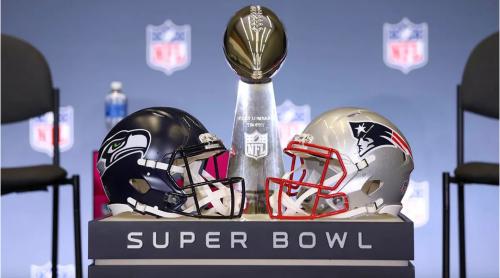
A nation does not exist only due to a common past, but also due to the
shared vision for the future. The founding myths have served to inspire
the definition of the national targets. These are legitimated by the
origins and are possible because they are coherent with the origins.
When the only source of the national cohesion is the past, namely when a human community is identified only through the experiences that took place without any other future projects, the nation goes into a historical coma. A nostalgic nation falls into the logic of a melancholy that leads it to stagnation followed by depression and extinction. After they built their founding myths that allowed them to connect their identity to the Oriental Latinity, the Romanians have identified as the basis of their geographical space the space between the Carpathians, the Danube and the Black Sea. When they saw that the political unity was the only thing that could provide the power necessary to meet the aspirations to freedom, prosperity and dignity, they adopted the Great Romania project. Defeated and reduced in size in WWII, the Romanian nation proposed the recovery of its independence. As far as the communist regime has promoted this project, it was a popular one. When, due to the ideological errors, the independence of Romania became nominal, that regime fell when the conclusion of the Cold War has provided a favorable context. The major national projects that have followed have endorsed the entry into NATO and the integration into the EU, namely obtaining the needed security through a political-military alliance with the Euro-Atlantic democracies, as well as through economic development achieved with the help of the joint management (together with the central and western European democracies) of the Romanian resources. The evolution of the world - confirmed and accelerated by the recent geo-political crisis in the former Soviet space and by the financial crisis with American origins - has proven that such a combination is necessary but insufficient.
With a civil society that behaves like a spared opposition and a political class concerned only to collect votes by promising something it cannot offer, once they became members of NATO and EU, the Romanians have remained without any national projects. The electors and the elected have no vision for the future. However, Romania’s strategic objectives are clear: increasing the influence of Romania in the EU and increasing the EU influence in the world. Without achieving them, any discussion about the welfare and safety, about scholarships, salaries, pensions and rents become chatting themes.
To become a respected European voice, Romania must leave the verification procedure of the European Commission, must capitalize its strengths due to being the eastern border of the EU, and must become part of the Schengen space and of the Euro area. In order to become an important player of the global equilibrium power mechanism of the EU, it must go from the common market status to the one of a federation of states. What do the Romanians do for this?
Instead of uniting to get Romania out of the European quarantine, the politicians and the representatives of the Romanian civic society transfer their internal struggles to Brussels to satisfy those who need a simple player at the table of the European negotiations. Instead of becoming the pilot of the European actions at the Black Sea, Romania prefers the position of spokesperson for the U.S., a country with only peripheral interests in the area. As for the Schengen and Euro projects, the debate over them is nonexistent. The populist speech does not allow it to reach the public opinion and mobilize the national energies.
The Romanians hardly dream to strengthen the EU. No comparison can be made between the state of mind that prepared the union of the principalities or the birth of Great Romania and the Romanian involvement in the construction of the United States of Europe. The parties don’t have this issue on their agenda. The press does not consider it good for the audiences. The NGOs, occupied with spending the money from the EU, don’t have time for this. The great analysts that pull the strings ignore it. In conclusion, the Romanians do not have a European dream. In its absence, they will only have a national nightmare.
Citește pe Antena3.ro

















